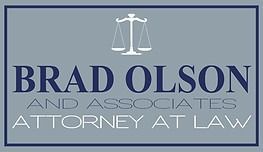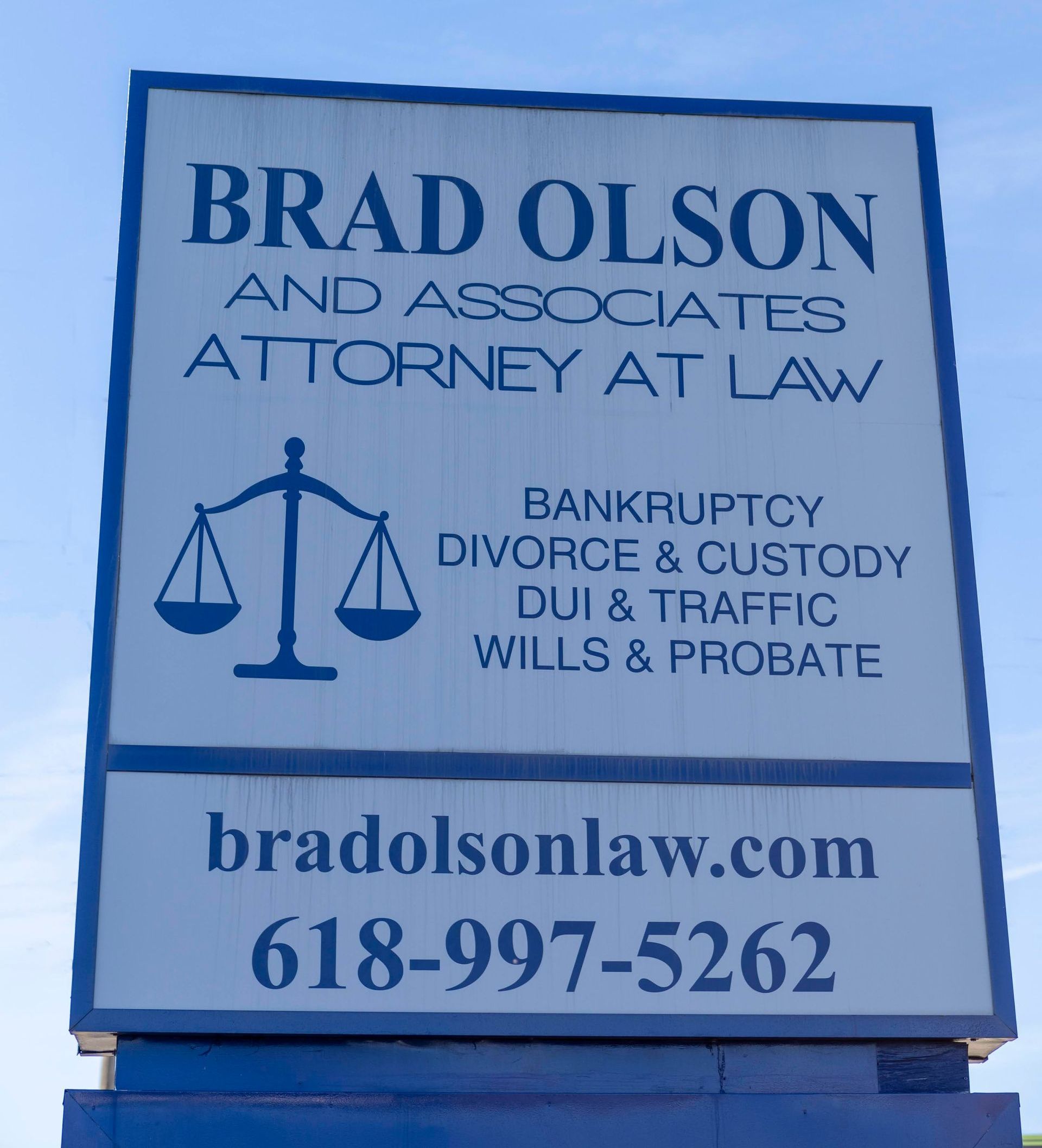Frequently Asked Questions
Bankruptcy at the Law Office of Brad Olson
At the Law Office of Brad Olson, we understand that filing for bankruptcy can be overwhelming and uncertain. Below are answers to some of the most common questions from clients considering bankruptcy. If you have more questions, don’t hesitate to reach out for a free consultation.
1. Will I Be Able to Keep My Home?
Answer: Generally, yes. Most people who file for Chapter 7 bankruptcy can keep their homes. This is thanks to the homestead exemption, which allows homeowners to retain a portion of the equity in their home. However, your mortgage lender may require a reaffirmation agreement, meaning your mortgage is not included in the bankruptcy. We’ll guide you through this process to protect your home as much as possible.
2. Will I Lose My Car(s)?
Answer: Probably not. Like the homeowner’s exemption, individuals filing for bankruptcy are allowed an exemption that protects a portion of the equity in their vehicle(s). Your car lender may also require a reaffirmation agreement to ensure the loan remains active.
3. Will Filing for Bankruptcy Ruin My Credit?
Answer: Filing for bankruptcy will affect your credit score, but the extent depends on your current credit situation. Many individuals considering bankruptcy already have low credit scores due to late or missed payments. After filing, some people see their credit scores improve relatively quickly, while for others, scores may begin to rise within a couple of years.
4. Will I Be Able to Buy a Home in the Future?
Answer: Yes. Filing for bankruptcy won’t prevent you from purchasing real estate. Most people can buy a home a few years after their bankruptcy case is discharged.
5. If My Spouse Doesn’t File, Will It Affect Their Credit?
Answer: No, your bankruptcy filing won’t negatively impact your spouse’s credit if they are not filing with you. As long as your spouse meets their financial obligations, their credit score will remain unaffected.
6. Can I Discharge Past Income Taxes?
Answer: Federal and state income taxes over three years old can be discharged, but specific requirements need to be met. We can review your tax situation and advise whether your income taxes may be dischargeable.
7. Will I Be Able to Keep My Personal Property?
Answer: Yes. In addition to the homeowner’s and automobile exemptions, a wildcard exemption covers personal property, helping protect items such as household goods, clothing, and more.
8. Can I File for Bankruptcy Again if I’ve Filed Before?
Answer: Absolutely. You can file again after eight years if you previously filed for Chapter 7 bankruptcy. For Chapter 13 bankruptcy, there’s no specific waiting period, but whether you can discharge your debt depends on how much time has passed since your last filing and the type of bankruptcy previously filed.
9. Can Past Child Support or Spousal Maintenance Be Eliminated?
Answer: No. Child support and spousal maintenance (alimony) are not dischargeable in bankruptcy. However, if you’re behind on payments, Chapter 13 bankruptcy can help you create a plan to catch up on overdue amounts.
10. Will I Lose My Retirement Investments?
Answer: Probably not. Most retirement accounts, including 401(k)s, IRAs, and pensions, are protected and will remain yours after filing for bankruptcy.
11. Can I Discharge My Student Loans?
Answer: It’s tough to discharge student loans through bankruptcy. Discharge is typically only granted in extreme circumstances, such as when a person has lost significant future earning capacity.
12. Can Bankruptcy Help Me Get My Driver’s License Reinstated?
Answer: Yes, in many cases. If your license has been suspended due to unpaid parking tickets or other fines, filing a Chapter 13 bankruptcy may help you reinstate it.
13. How Long Does It Take to Get a Discharge?
Answer: For Chapter 7, you typically receive a discharge within 3 to 4 months. In Chapter 13, you’ll receive a discharge once you’ve completed your repayment plan, which usually spans 3 to 5 years. However, almost all creditor collection actions must stop when you file for bankruptcy, including harassing phone calls.
14. What Do I Need to Bring to My Appointment?
Answer: You should bring your last six months of pay stubs, the previous two years of federal and state tax returns (or four years for Chapter 13), and any recent bank statements. Additional documents may be required based on your financial situation, but we’ll guide you through the specific information you need to provide.
Still have questions about bankruptcy or our other services? Contact the Law Office of Brad Olson at 618-997-5262 today for clear answers and a free consultation.





